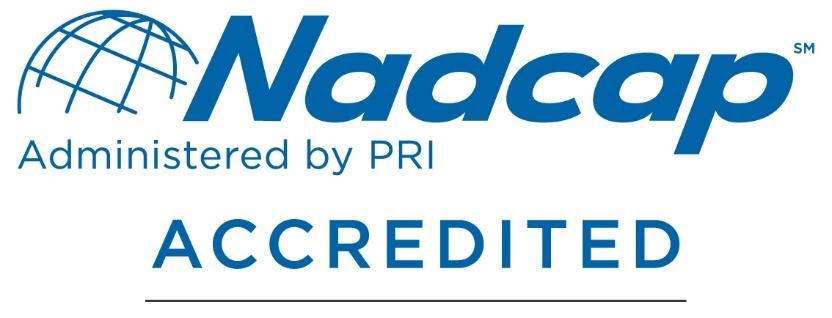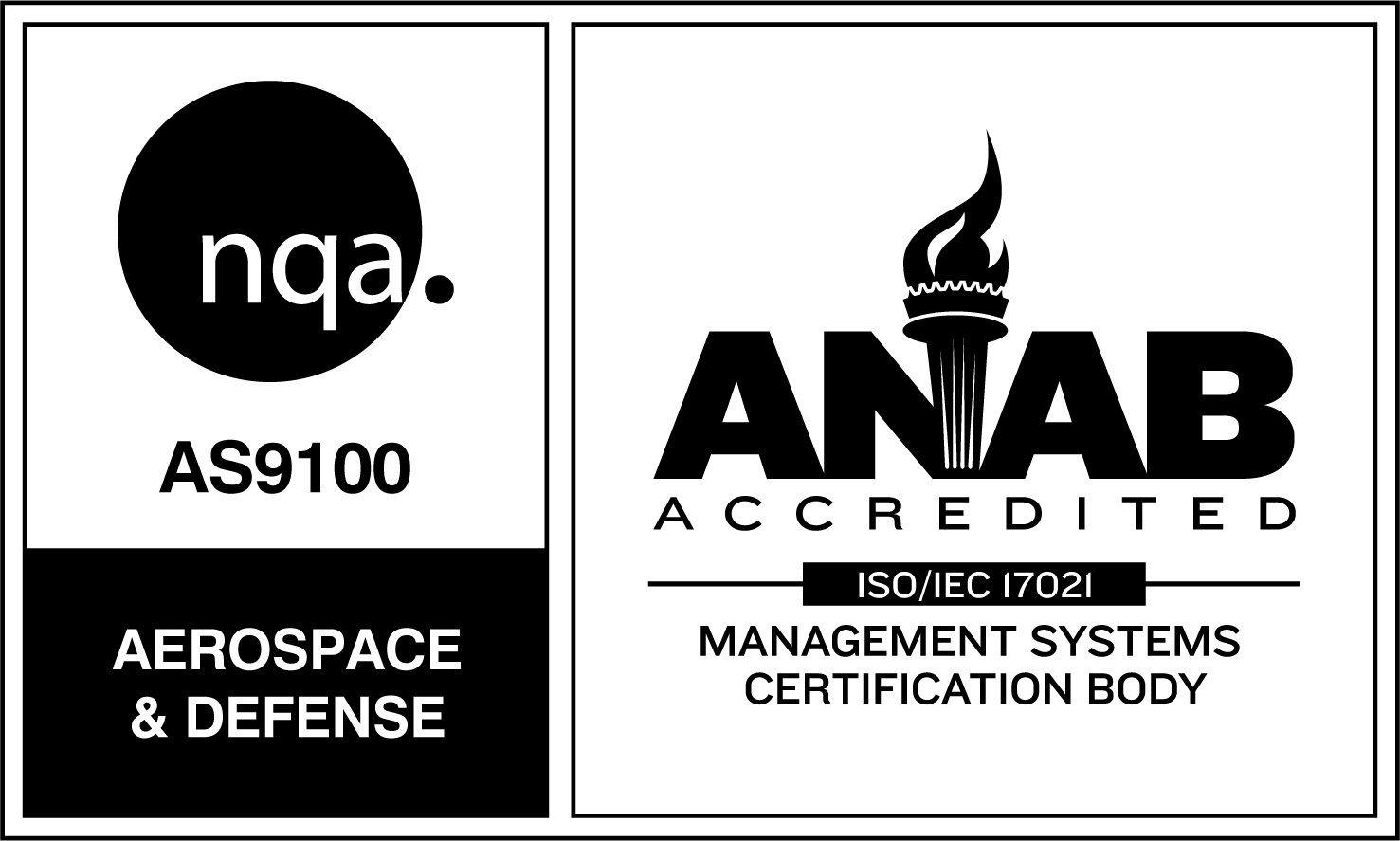Brazing isn’t exactly a household word. Within the industry, we know that young people aren’t as aware of us as we’d like. We know because our workforce is getting older. Though in a technical industry like brazing it’s true that with age comes wisdom, there’s no question that the industry is eager to bring in new talent.
Brazing and its lower-temperature sibling, welding, can be mistaken for a dangerous, antiquated industries. The reality is radically different. Working in a brazing shop is undeniably hands-on, but it’s also much more:
- Tackle complex challenges to build components for today’s most advanced products—like components of NASA launch vehicles.
- Master new technologies that are driving the industry into the future.
- Develop marketable skills to build a long-term career.
- Work in a tight-knit industry of hard working, down-to-earth people.
Brazing is a technical field. Every project requires extensive engineering and precise application of various technologies. Some components are made from expensive materials that need to be handled properly to avoid introducing flaws. The reality is that no amount of book learning can replace real experience. Everyone who has built a career in brazing has learned most of what they know on the job.
Still, young people that are thinking about a career in brazing can get ready in a few different ways. Book learning is still important: if you speak the language of materials and engineering, you’ll get a faster start. Graduates from technical high schools may have enough of a background to get an entry-level job. Even better is a college degree in a related field: materials science, mechanical engineering, or aerospace engineering.
Few engineering schools offer metallurgy as a discipline, though that’s the most complete degree for someone who wants to pursue a career in brazing. Unlike a major like mechanical engineering, which typically emphasizes a lot of abstract math, metallurgy is all about the raw materials a brazing shop works with.
Outside the classroom, students should explore the opportunities to get involved with extra-curricular activities related to brazing. Campus clubs focused on welding can be a great way to get exposure to real-world techniques. Local businesses may offer internship opportunities that are worth every second of the time required.
Above all, someone who wants to pursue a career in brazing needs to come in with the right mindset. Be prepared to be humbled and to learn from your mistakes, because you will make mistakes. Come prepared to push through the steep learning curve everyone in the industry has to climb to succeed. At first, the amount of information will feel overwhelming.
The good news is that the industry is full of people who love the work they do, and who want nothing more than to help other people learn their craft. That’s certainly the case for the Thermal-Vac team. Want to know more about careers in brazing? Thermal-Vac would love to talk with you


